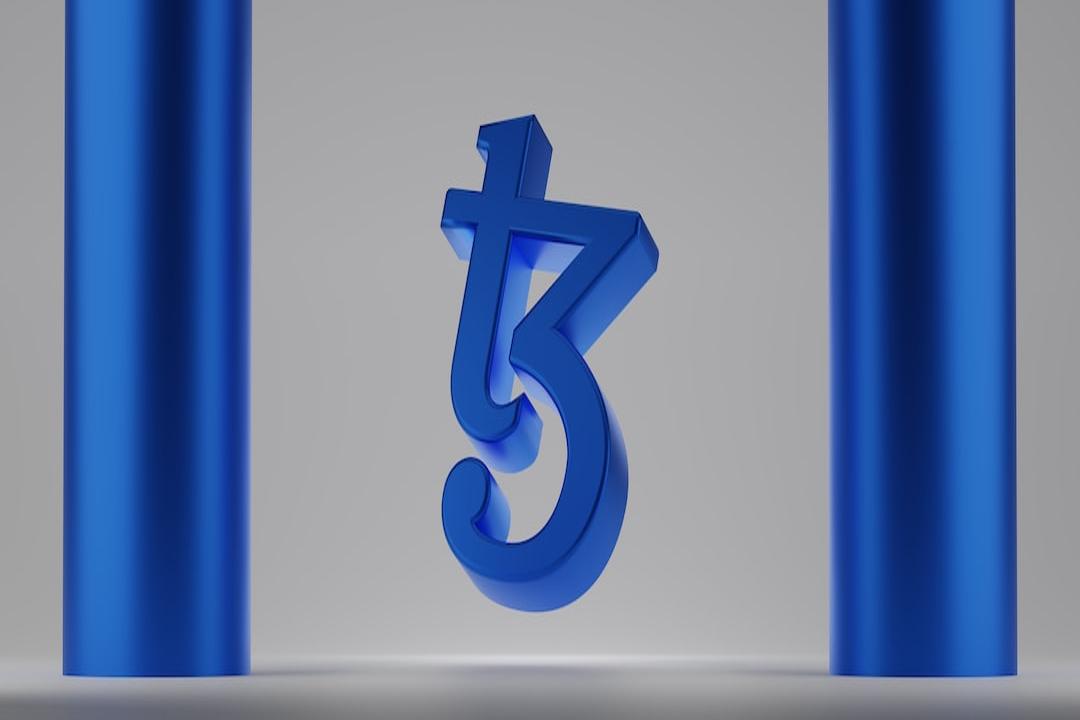Tencent Considers $15 Billion Acquisition of Nexon, Triggering Regulatory and Bidding Variables, Potentially Reshaping the Asian Gaming Market Landscape
(Background Summary: NFT Investment Losses! Ubisoft Splits Three Major “Assassin’s Creed” IPs into Subsidiaries, Allowing Tencent to Invest $1.25 Billion)
(Context Supplement: Bloomberg: Xiaohongshu Plans to Sell Equity, Sequoia Capital and Tencent are Potential Buyers… Next Step IPO?)
Tencent Holdings is evaluating a full acquisition of South Korean game developer Nexon for approximately $15 billion. Sources indicate that Tencent has begun preliminary discussions regarding equity with Nexon founder Kim Jung-ju’s family. If the deal materializes, it will become the largest transaction in the Asian gaming sector this year and strengthen Tencent’s overseas revenue sources.
Price and Equity Structure
According to Bloomberg, the Kim family holds a 44.4% stake in Nexon through NXC Corp. and its subsidiary NXMH, with NXC itself being 67.6% controlled by Kim Jung-ju’s widow and daughter. Nexon currently has a market capitalization of approximately $15 billion on the Tokyo Stock Exchange, with its stock price increasing by 10% this year, although it is still about 30% lower than its peak in 2021.
Bidding Dynamics
Reports suggest that South Korea’s Netmarble and private equity firm MBK Partners are considering forming a consortium with Tencent to provide the Kim family with diverse options. Should Tencent proceed alone or in alliance, global antitrust agencies are expected to review its combined market share in game distribution and development. In 2019, when NXC attempted to sell its shares, Tencent, KKR, and Hillhouse all participated but the deal fell through due to significant price differences.
Nexon’s titles, such as “MapleStory” and “Dungeon & Fighter,” have received long-standing support in Asia. The mobile version of “Dungeon & Fighter” is operated by Tencent, which boosted Nexon’s net sales to 114 billion yen last quarter, with net profit reaching 26 billion yen, both exceeding market expectations. The acquisition could allow Tencent to obtain mature IP, accelerate its international expansion, and diversify its reliance on domestic copyrights.
“Tencent’s global expansion has entered a new phase. Amid geopolitical tensions, acquiring assets is quicker than building them,” noted an analyst who wished to remain anonymous.
Tencent’s Recent M&A Activity
At the end of May, a Tencent subsidiary acquired nearly 10% of South Korean SM Entertainment; in March this year, it invested $1.3 billion for a 25% stake in Ubisoft’s newly established department. This series of transactions demonstrates the company’s steady efforts to consolidate its content supply chain through equity investments.
Both Tencent and Nexon declined to comment on the potential deal. Bloomberg reports that sources indicate both parties are still discussing valuation, payment methods, and regulatory timelines. Should negotiations lead to a signed agreement, this acquisition will rewrite the landscape of power in the Asian gaming industry and provide Tencent with new cash flow and IP reserves.



